The startup world has often been rightly criticized for its obsession with the highest valuations, biggest exits, and hottest new apps. But there is a growing community of startups bringing their entrepreneurial chops to areas that have long been the purview of governments, nonprofits, and philanthropists. Across America and around the world, entrepreneurs are tackling challenges in ways elected officials and policymakers can’t or won’t—translating groundbreaking ideas into products and services that hold the promise of advancing social progress and improving millions of lives. Here are a few of them:
Workforce training and unemployment: Our country’s governmental, educational, and financial institutions seem to be failing to solve the problem of preparing our workforce for a digital economy. Filling this void are corporate and nonprofit initiatives, such as Opportunity@Work. Led by Barack Obama administration alums Byron Auguste and Tyra Mariani, Opportunity@Work aims to bring employers together to find the tech talent they need. In Africa, a startup called Andela, where I work, is recruiting and training the best and brightest, providing career paths in technology in countries with youth unemployment rates upwards of 55%.
Energy and the environment: While politicians remain trapped in 20th-century debates about science, tech-savvy activists and socially conscious technologists are racing into the future. Here in the U.S., Public Lab is applying open-source tools to environmental exploration and investigation, using aerial mapping tools to expose corporate malfeasance, advocate for wetlands restoration, and hold government and business accountable. Meanwhile, overseas, Off Grid Electric (an Andela hiring partner) is offering communities without access to credit or bank accounts pre-paid mobile phones to pay for solar power, replacing kerosene lamps while saving lives, the environment, and money.
Global aid and relief: As the world bears witness to what appears to be the collective failure of the international community to stanch the hemorrhaging across the Middle East, startups are applying Silicon Valley technologies in settings where people lack opportunities many of us take for granted. Within days of the devastating earthquake in Nepal, the data team at MapBox had created or updated more than 16,000 buildings and 1,600 miles of roads on digital maps to aid the emergency response. In East Africa, Segovia (also an Andela hiring partner) is building a technology platform to make cash transfers more efficient, empowering governments and nongovernmental organizations to bypass corruption, ensuring that relief dollars get to the people who need them.
Technology is not only disrupting the private sector with industries like transportation and hospitality being remade by the likes of Uber and Airbnb. It’s also disrupting the public square in ways that are making life better for people around the world.
See The 7 Most Important Tech CEOs You Wouldn't Recognize
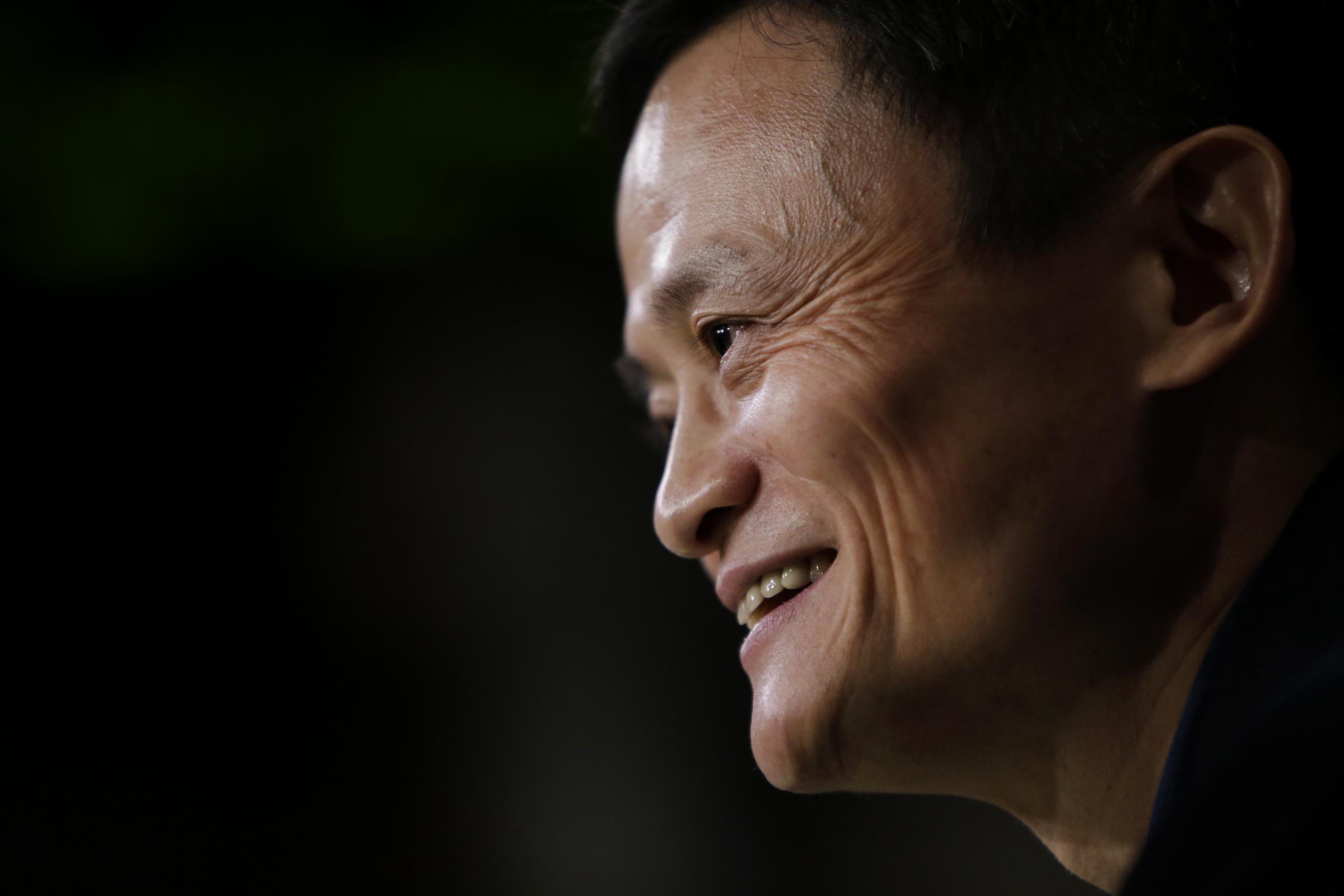
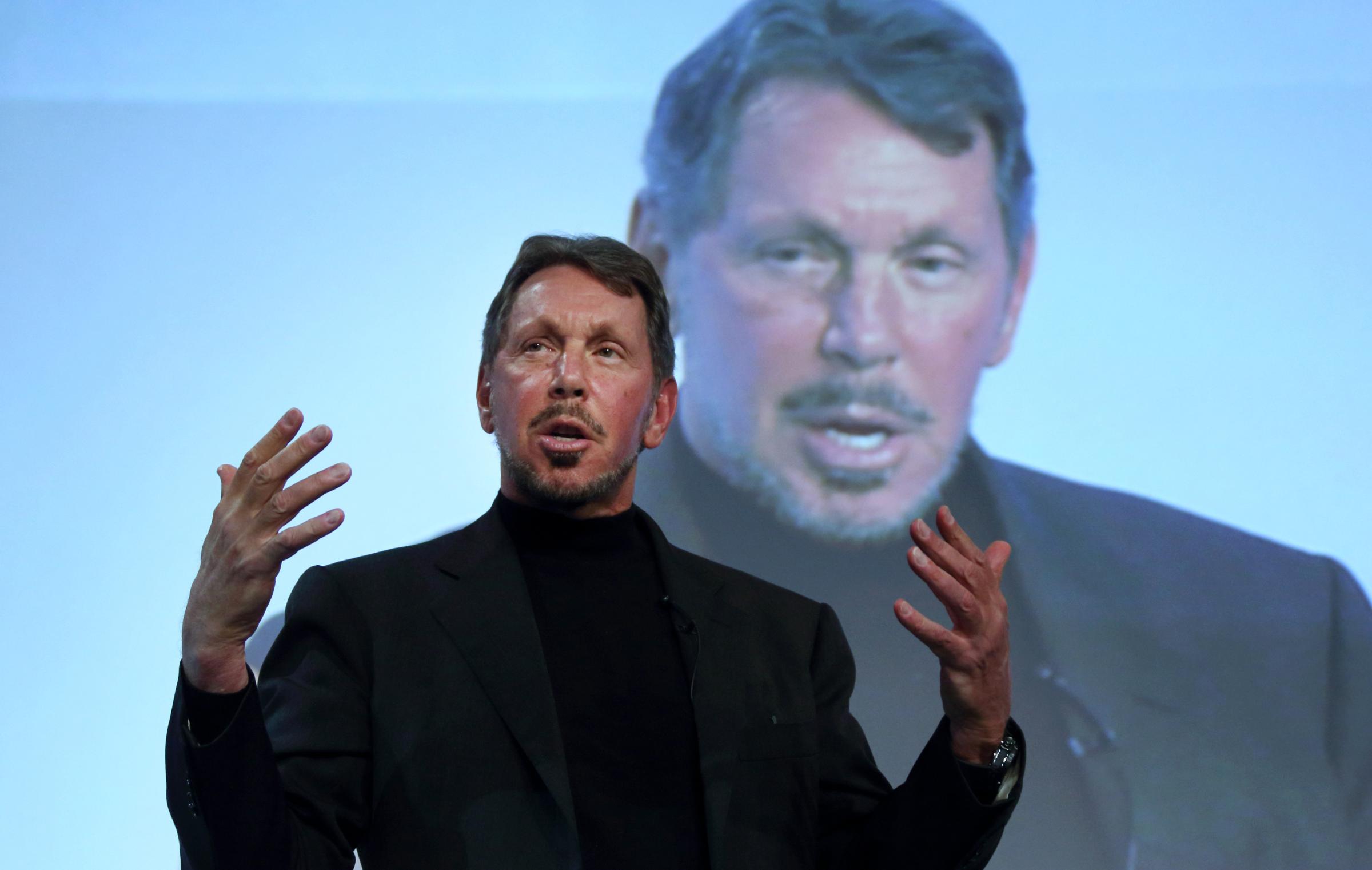
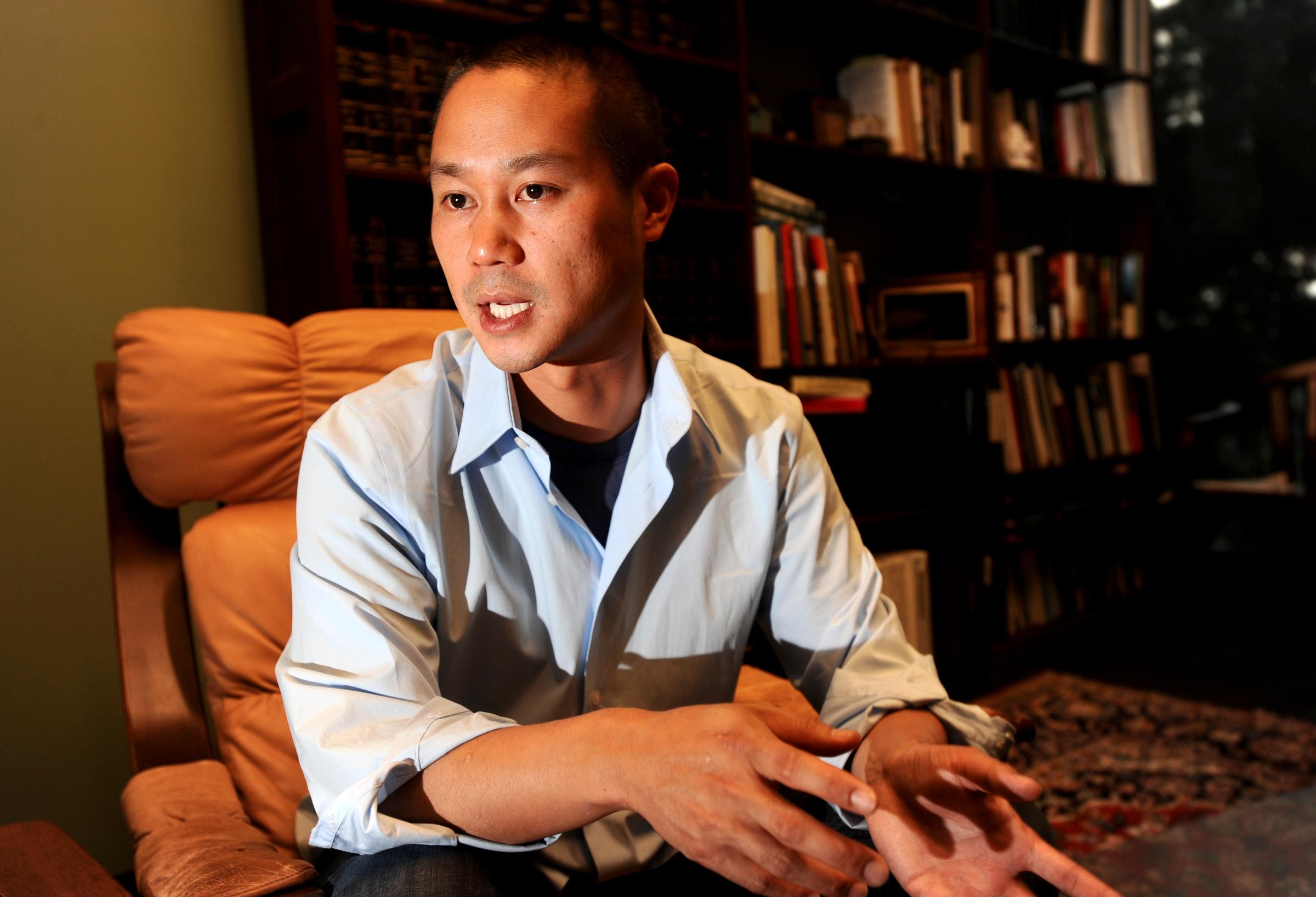
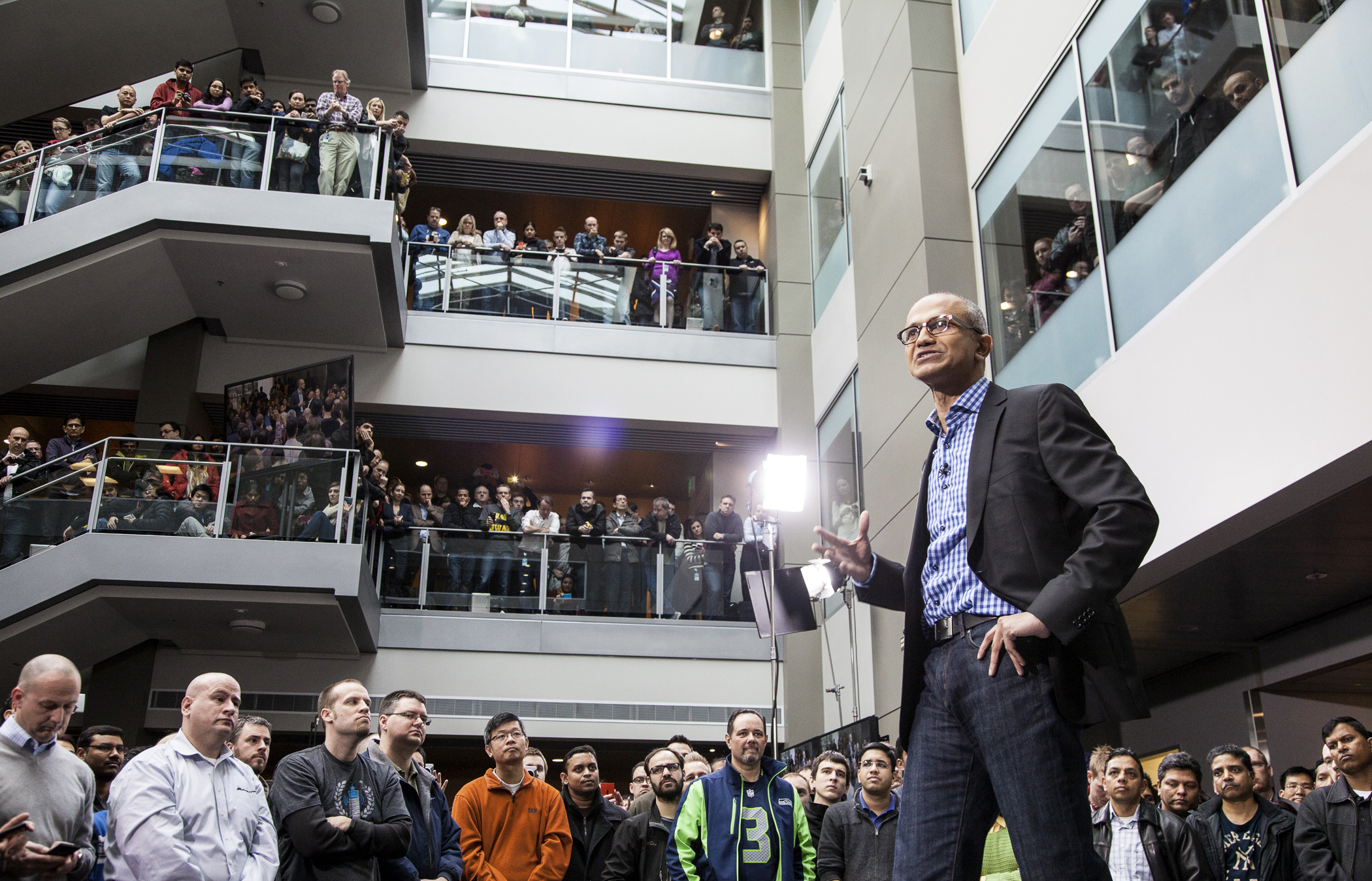
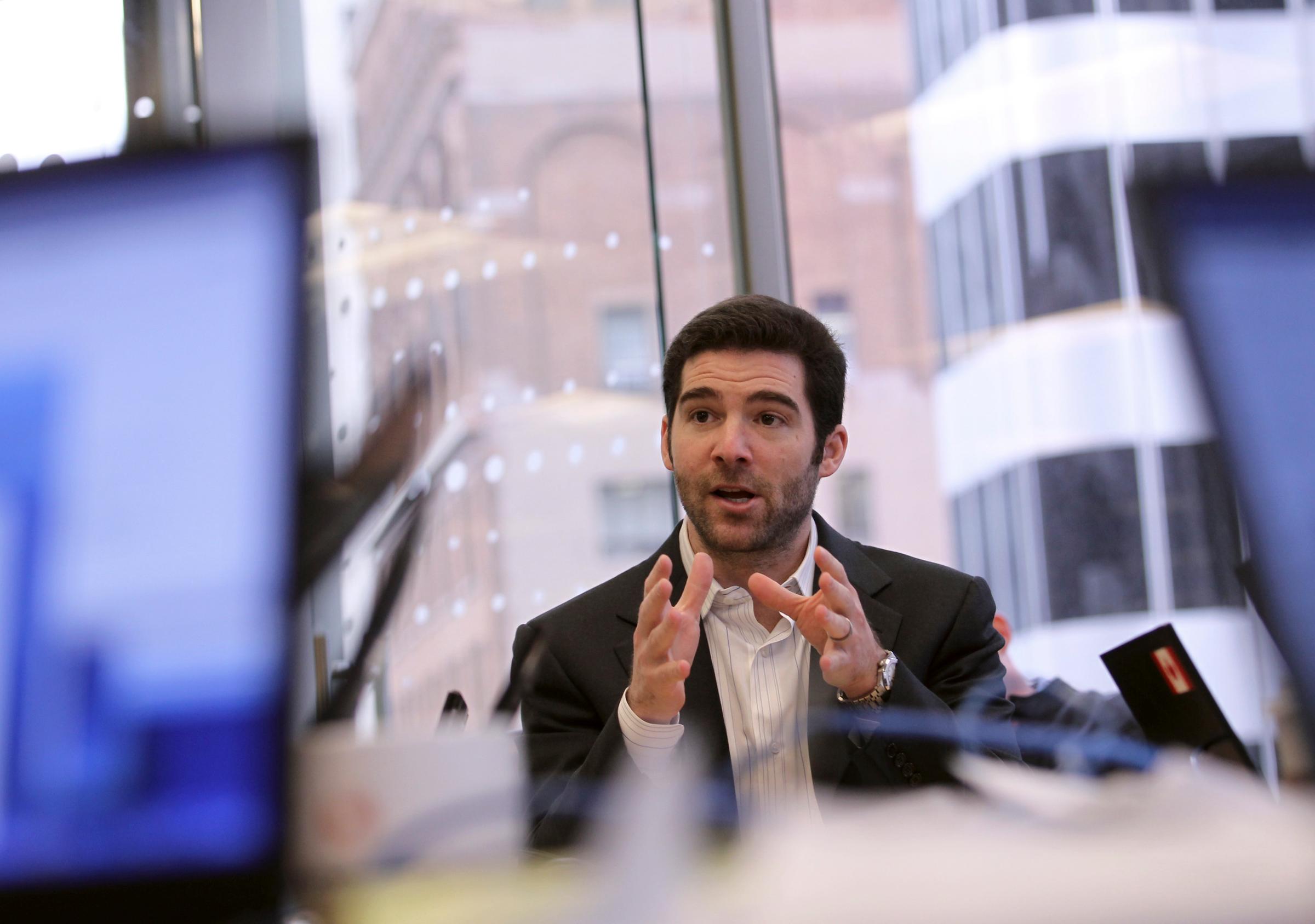
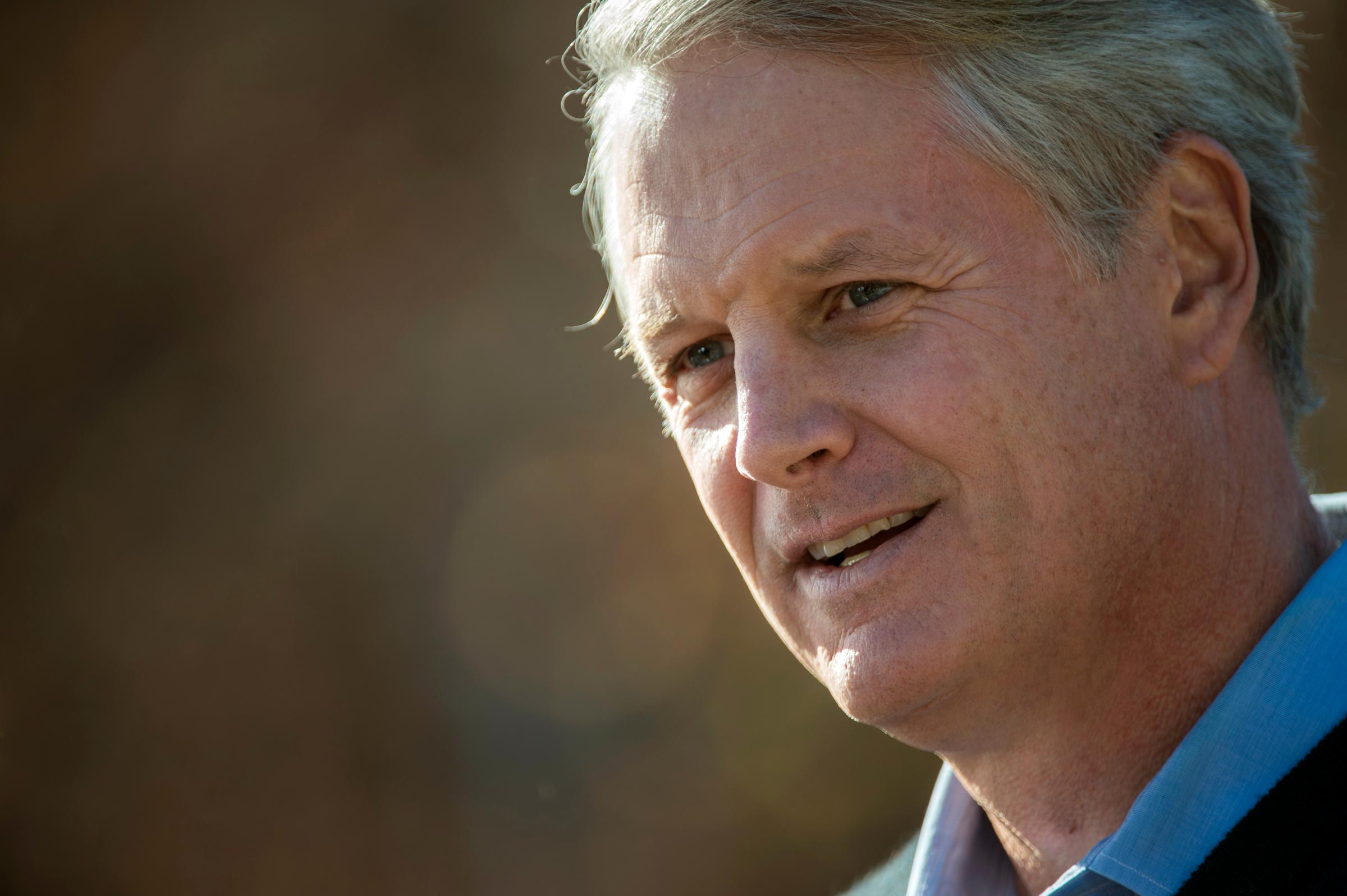
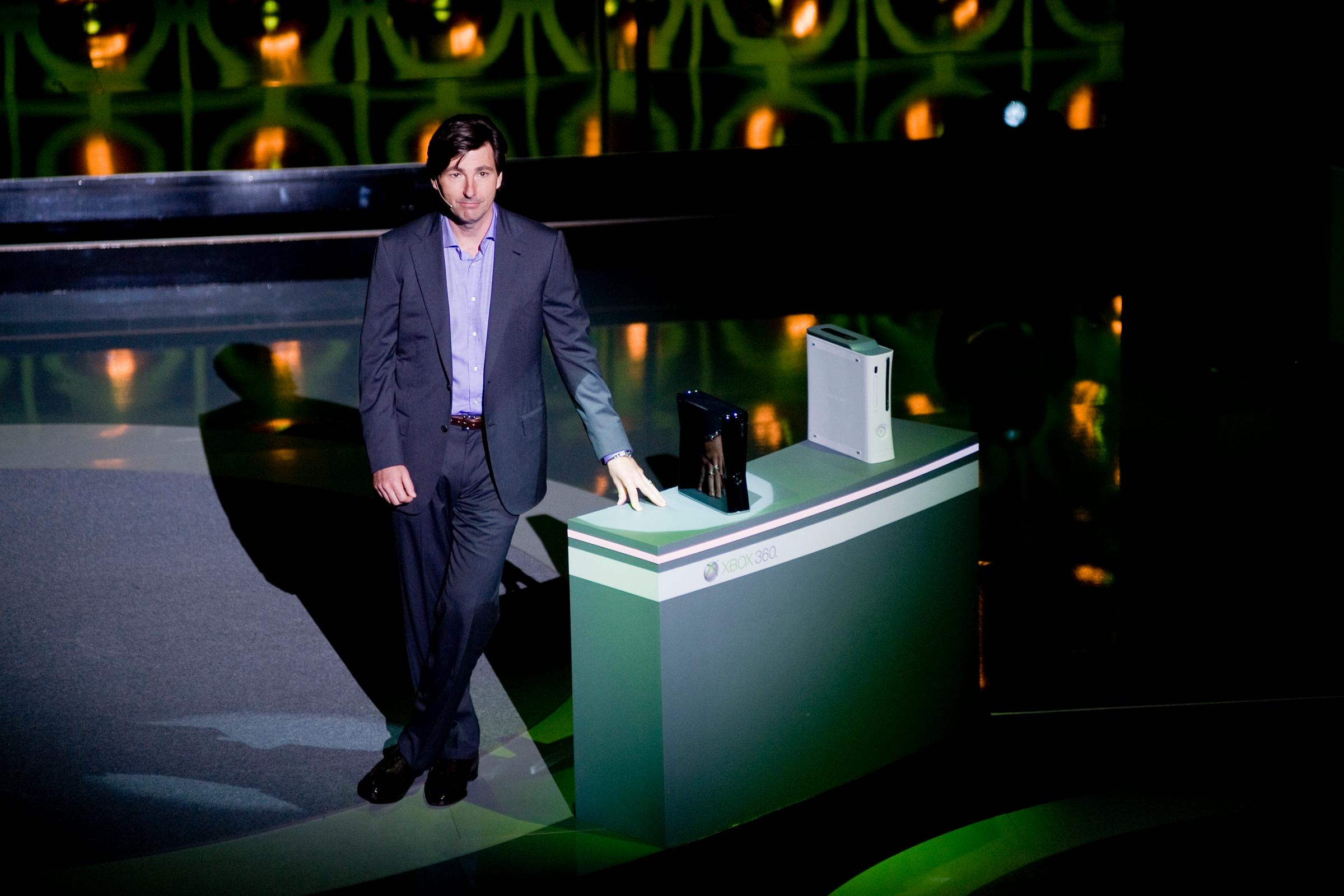
More Must-Reads from TIME
- Why Trump’s Message Worked on Latino Men
- What Trump’s Win Could Mean for Housing
- The 100 Must-Read Books of 2024
- Sleep Doctors Share the 1 Tip That’s Changed Their Lives
- Column: Let’s Bring Back Romance
- What It’s Like to Have Long COVID As a Kid
- FX’s Say Nothing Is the Must-Watch Political Thriller of 2024
- Merle Bombardieri Is Helping People Make the Baby Decision
Contact us at letters@time.com